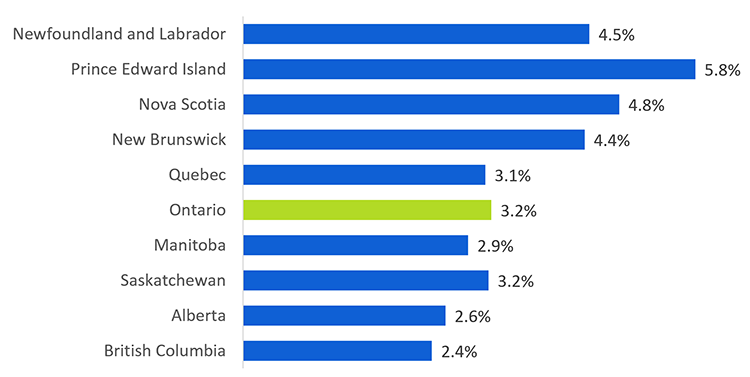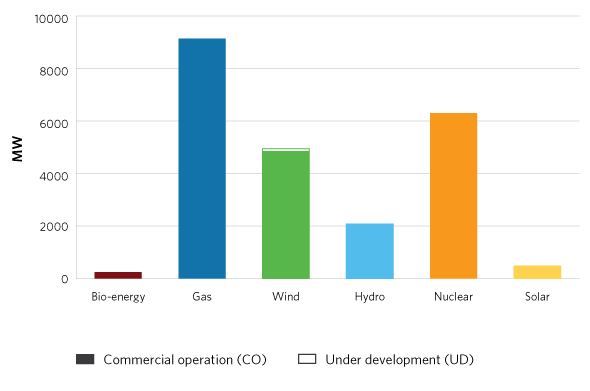The issue isn't about wind or solar- it's about the amount of extra money that we paid for these energy sources. Yes- eliminating coal was necessary (when did I ever oppose that)- and yes - the electrical system was a mess even before the Liberals took power, but
the issue is that the whole Liberal energy policy was flawed and we now not only have too much energy- we overpay for it as well.
From that Globe article:
The main takeaway?
This -->
And this classic article of course, from the same Adrian Morrow:
https://www.theglobeandmail.com/new...ctricity-over-eight-years-ag/article27560753/
Heck, Glenn Thibeault admitted that the way green energy was procured was flawed:
http://globalnews.ca/news/3272095/ontario-energy-minister-admits-mistake-with-green-energy-program/
On an interesting note, while wind and solar are just 10% of the
total installed capacity- you also need natural gas plants as an intermittent power generation to fill in the gaps where there isn't enough wind or sun. So at certain times- green energy can in fact be contributing 0% with natural gas filling in the gaps. In fact- ironically in Germany, they use coal power as the intermittent energy source!
These are extra costs and sources of pollutants that you usually don't think of when you imagine green energy.
From the IESO website on current energy projects- note the corresponding expansion of natural gas and wind projects:
http://www.ieso.ca/power-data/supply-overview/transmission-connected-generation
Furthermore, as stated before, while we aren't as expensive as NY, San Fran or Boston (which are expensive cities!), nor should we aspire to be like Detroit- the issue is that we're not so much competing against them- our economic competitors are more Quebec, Ohio and Illinois. These energy costs play a role in altering our economic competitiveness along with other curveballs like $15 minimum wage and Carbon Pricing.
The FAO account is interesting, and takes into account both electrical, natural gas prices and other energy sources in terms of prices.
In this case, electrical prices have been rising far more than average (this is where the outrage is) while natural gas prices are still fairly reasonable. Your home energy cost can vary massively depending on what kind of heating you use- rural areas do not have easy access to natural gas and as such were disproportionately impacted by rises in energy costs- hence the recent push by the Liberals to extend natural gas out into rural regions.
Overall, the issue isn't whether or not we the pay the same prices relatively proportionately- it's the fact hydro costs rose so much in the first place. Why should we settle for relatively middle-of-the-pack (ignoring Quebec's recent economic blossoming), when we could have had it better?
Of course, a little perspective can also enlighten the rest of us- how comparable were the places you lived in?








